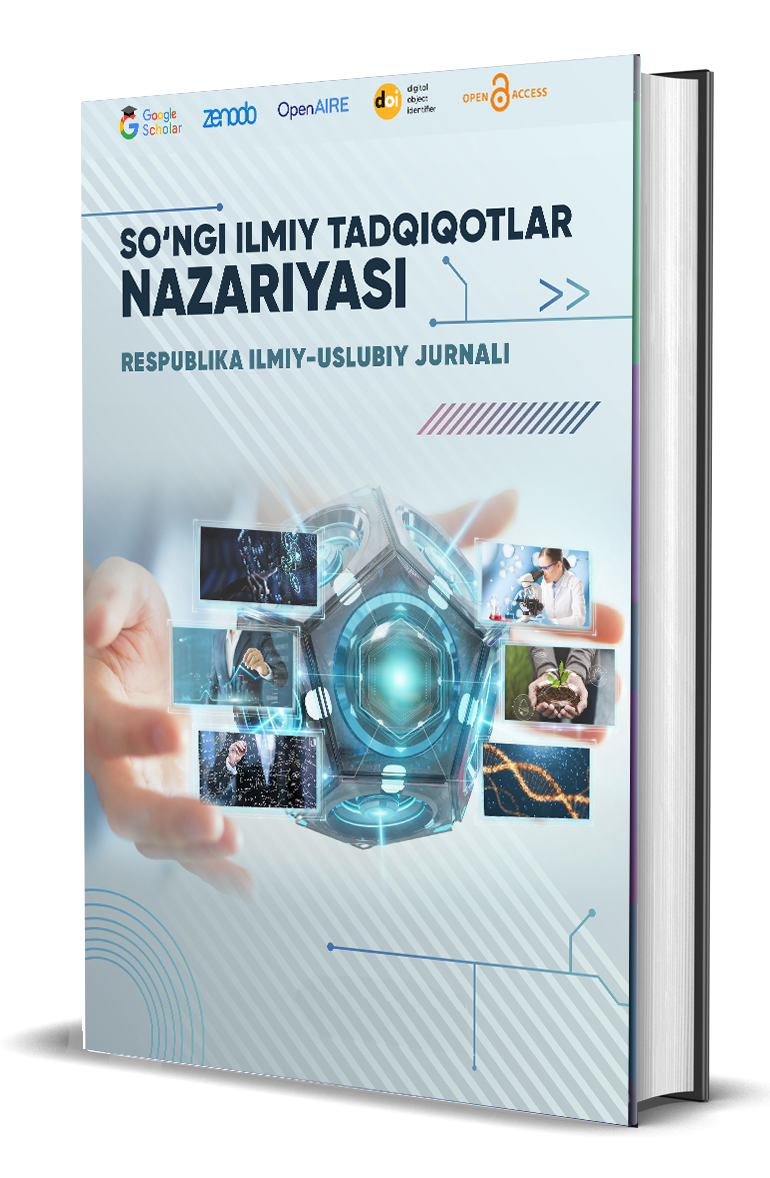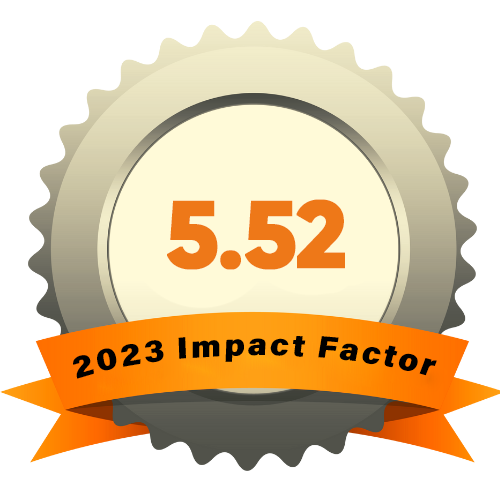THE USAGE OF STORIES FOR ADVANCED LEARNERS
Ключевые слова:
Story, short story, benefit, cultural awareness, creativity, language skills.Аннотация
Stories have long been recognized as a valuable and versatile tool for language learning, not only for young learners but also for advanced learners. The usage of stories in teaching advanced learners can be equally engaging and effective in enhancing language skills, critical thinking, cultural awareness, and creativity. Advanced learners benefit from more complex and nuanced narratives that challenge their linguistic abilities and understanding of various themes. This introduction will explore the benefits of utilizing stories in the education of advanced learners, the different types of narratives that can be employed, and practical strategies for integrating storytelling into language learning at an advanced level. Through the exploration of stories, advanced learners can further develop their language proficiency and deepen their understanding of the world around them.
Библиографические ссылки
Teng, F. H., & Zhang, L. J. (2016). The effects of a story-based learning approach in developing EFL speaking and listening skills among postgraduate students. System, 59, 110-121.
Mirosław, P., & Pochwatko, G. (2017). The effects of reading fictional stories on interpersonal perception. Journal of Fictional Studies, 38(2), 201-215.
Gulez, U. E., Locus, K. M., & Akyel, A. (2020). The role of storytelling in educating advanced language learners: A case study in ELT classrooms. Journal of Applied Linguistics, 9(3), 57-69.
Madden, G. R. (2019). Storytelling as a pedagogical tool in advanced language learning: A case study of Spanish learners. Modern Language Journal, 103(1), 75-89.
Li, J. (2018). The power of storytelling in language learning: A review of research and applications. Language Teaching Research, 22(4), 479-498.












